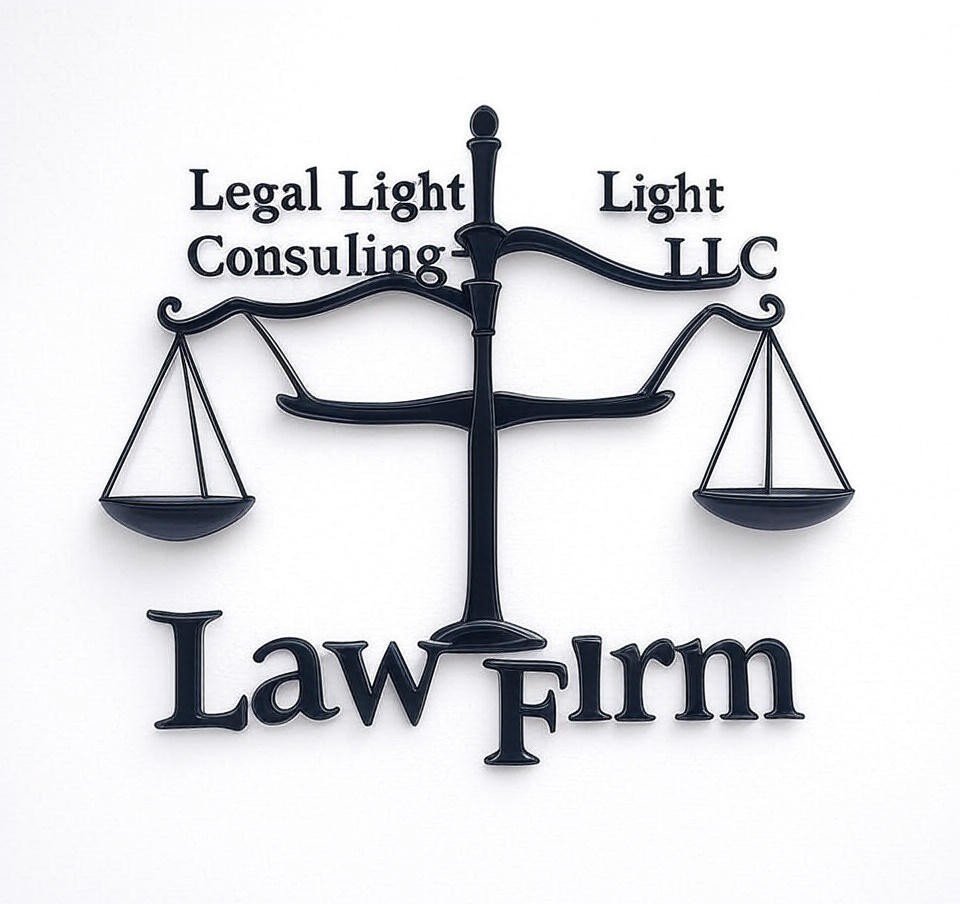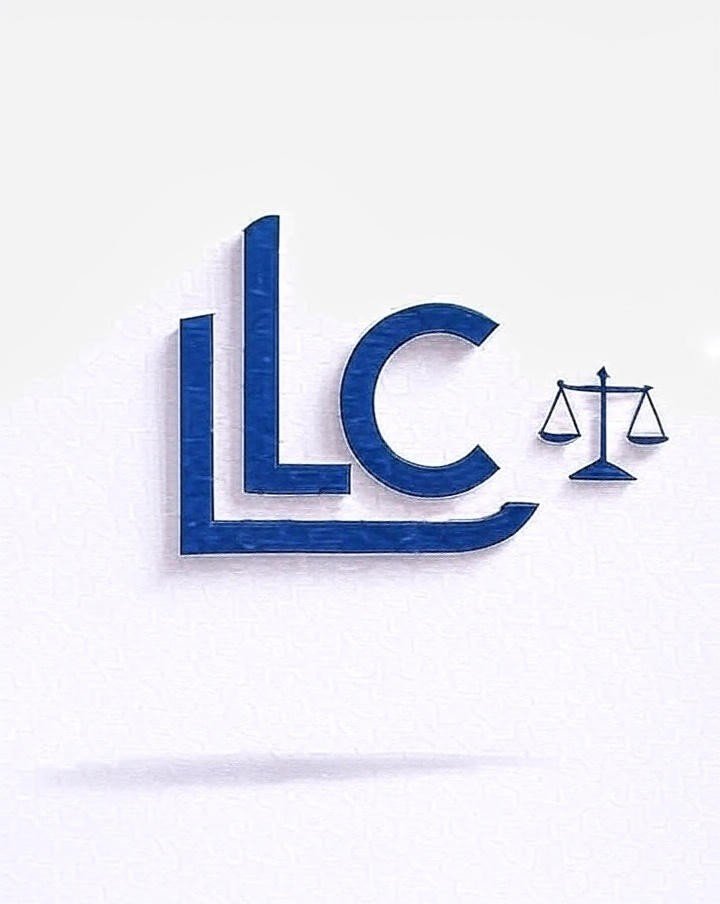What is Mediation? How Disputes can be Resolved Through Mediation?
Mediation is a process in which a neutral third party, known as the mediator, assists disputing parties in resolving their conflicts or disagreements. Unlike a judge or arbitrator, the mediator does not make a final decision on the case. Instead, their role is to facilitate communication, help define the issues at stake, and assist the parties in negotiating a mutually acceptable resolution.
Mediation is a voluntary and confidential process, and it is often used as an alternative to litigation or other formal dispute resolution methods. This process is particularly popular in cases involving consumer disputes, as it offers a more flexible, cost-effective, and efficient way to resolve disagreements.
How Can Disputes be Resolved Through Mediation?
The mediation process typically follows these steps:
- Agreement to Mediate: The parties involved in the dispute must agree to mediate. This agreement can be initiated either voluntarily by the parties or suggested by a court in a pending case. Mediation can also be included as a clause in contracts between the parties before any dispute arises.
- Selecting the Mediator: Once the decision to mediate is made, the parties will either choose a mediator themselves or the court may appoint one. The mediator is a neutral person with no vested interest in the outcome of the dispute.
- Initial Meeting: In the initial meeting, the mediator introduces the process, establishes ground rules, and sets a cooperative tone for the negotiations. The mediator will explain that they do not take sides or provide legal opinions, but will help the parties communicate effectively.
- Identifying Issues and Interests: The mediator helps the parties identify the key issues of the dispute and understand the underlying interests behind each party’s position. This step is crucial for finding a resolution that addresses the needs of both parties.
- Negotiation and Discussion: The mediator facilitates a series of private and joint sessions where the parties can present their viewpoints, discuss their concerns, and explore potential solutions. The mediator ensures that communication remains respectful and focused on resolving the issues at hand.
- Reaching an Agreement: If the parties reach a settlement, the mediator will help them draft an agreement that outlines the terms of the resolution. This agreement is usually binding, and the parties are expected to adhere to it. If no settlement is reached, the dispute can be referred back to the court for further adjudication.
What are the Benefits of Mediation?
Mediation offers numerous advantages over traditional litigation, especially for consumers involved in disputes related to goods or services. Some of the key benefits of mediation include:
1. Disputes Can Be Dealt with Promptly
Mediation is generally faster than litigation. Since the parties can agree on when to meet and the mediator can schedule sessions at their convenience, disputes can be resolved more quickly. This helps consumers get timely resolutions without the long delays associated with court proceedings.
2. It Provides an Opportunity to Address Issues Before They Escalate
Mediation allows the parties to address problems early, often before the dispute grows more complicated or costly. This proactive approach prevents unnecessary escalation and may save the parties from significant losses.
3. Parties Control the Outcome of the Dispute
One of the most significant advantages of mediation is that it allows the parties to maintain control over the outcome. Unlike in a court case where a judge imposes a decision, mediation allows both sides to work together to create a mutually agreeable solution. This often results in more creative and tailored solutions that benefit both parties.
4. Improves Relationships Between Disputing Parties
Mediation fosters cooperation rather than confrontation. By encouraging open communication and mutual respect, mediation can improve the relationship between the parties. This is particularly beneficial in cases where the parties have an ongoing relationship, such as between a consumer and a business. Mediation allows the parties to maintain or even strengthen their relationship after the dispute is resolved.
5. Creates a Forum Where Issues Can Be Heard and Addressed
Mediation creates a forum where the parties can express their concerns openly and be heard in a constructive and respectful manner. The mediator ensures that all sides are given an equal opportunity to present their perspectives, facilitating better understanding and more effective communication.
6. Saves Money and Time
Litigation can be expensive and time-consuming, especially when multiple hearings and legal fees are involved. Mediation, on the other hand, is usually far more affordable. Since it is a quicker process, parties can avoid the prolonged legal costs that often accompany court trials. Even if the case is not settled in mediation, the process may streamline the dispute resolution if the matter proceeds to court.
Mediation in Consumer Disputes
In India, consumer protection law encourages alternative dispute resolution mechanisms like mediation. The Consumer Protection Act, 2019, allows for mediation as a means to resolve consumer disputes. The National Consumer Disputes Redressal Commission (NCDRC) and State Commissions have set up Consumer Mediation Cells to facilitate such resolutions.
Mediation can be particularly useful in consumer disputes involving:
- Defective goods or substandard services
- Delayed deliveries (e.g., in real estate or e-commerce transactions)
- Misleading advertising or unfair trade practices
- Product recalls or safety issues
By resolving these issues outside the courtroom, mediation offers a smoother, faster, and more efficient way for consumers to seek redressal.
Conclusion
Mediation offers a practical and effective alternative to litigation for resolving consumer disputes. With its emphasis on cooperation, flexibility, and mutual respect, mediation provides consumers with a way to resolve issues more efficiently, without the stress and expense of court proceedings. For businesses and consumers alike, mediation fosters better communication and allows both parties to work towards a solution that is fair, timely, and cost-effective.
If you are a consumer involved in a dispute, Legal Light Consulting can help you navigate the mediation process, ensuring your interests are effectively represented. Our team of experienced legal professionals can assist in initiating mediation, drafting agreements, and securing a fair resolution for your consumer case.
Contact Legal Light Consulting today for expert legal assistance in resolving your consumer disputes through mediation and protecting your rights.







